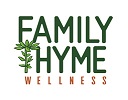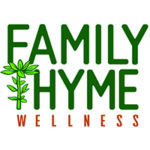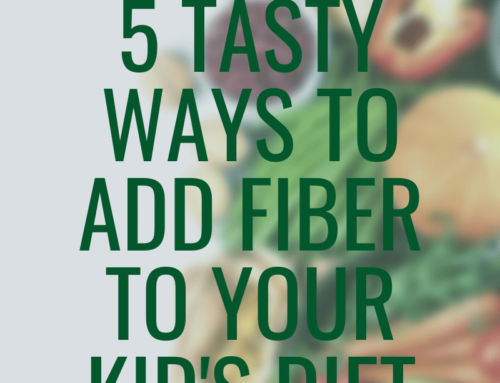Foods to Boost Your Immunity
It’s officially spring and with the new weather patterns comes a new upswing of colds, flus and other infectious diseases. This is mainly due to the increase in seasonal allergies which can increase susceptibility to other illnesses. Your nasal passages may become preoccupied with fighting allergies which then opens the door for other viruses to take over. Or, the change in air pressure can also cause a similar consequence with weakened nasal passages. But have no fear! You can help fight springtime illness by bumping up a few key nutrients in your diet.
A lot of the immune boosting foods are probably foods that you are already eating regularly, like citrus fruits and garlic. But, there are some nutrients you should pay closer attention to ensure you are enhancing your immune system to its fullest potential.
Vitamin C
The most well-known ailment fighter is Vitamin C. Vitamin C helps to increase production of white blood cells which fight infections. Vitamin C is also a water-soluble vitamin which means it doesn’t get stored in the body, so you have to replenish your consumption every day. The most common Vitamin C containing foods are citrus fruits, like oranges, grapefruits and lemons. But bell peppers, strawberries and kale are also good sources of Vitamin C. Make yourself a delicious kale and strawberry salad that will not only satisfy your tastebuds but will also keep your immune system running smoothly.
Zinc
Zinc protects the immune system by activating white blood cells. Zinc has also been shown to protect the body against cell damage. Most cereal and grain products are fortified with zinc. Excellent sources of zinc are red meat, oysters and poultry. But you can also find a good source of zinc in nuts, beans and chickpeas. Use canned or dried chickpeas to make a homemade hummus for your Vitamin C packed bell pepper slices and voila, a two-for-one virus-fighting snack.
Vitamin A
Similar to Vitamin C, Vitamin A also plays a role in white blood cell production thus enhancing the immune system. White blood cells help to clear bacteria from the blood so a deficiency in Vitamin A could potentially prolong an illness or make you more susceptible to getting sick. Keep an eye out for orange-colored fruits and vegetables to help bump up the Vitamin A. Foods like carrots, sweet potatoes and butternut squash are excellent sources of Vitamin A. Dairy products are also a good source of Vitamin A. Try making a creamy dip with plain Greek yogurt instead of sour cream to dip your carrot sticks and you’ll get double the benefit.
Vitamin E
Vitamin E is an important fat-soluble vitamin that is involved in over 200 biochemical reactions in the body. It is also a critical nutrient to maintain a healthy immune system. Vitamin E can be found in a lot of plant-based oils like sunflower, safflower and soybean oil. Nuts and seeds are also good sources of Vitamin E. Try spreading your favorite nut or seed butter on toasted whole grain toast for a filling and tasty immune boosting snack.
Vitamin D
Vitamin D regulates the immune system by acting as an anti-inflammatory nutrient. Low inflammation levels help improve immune response by allowing the white blood cells to travel around the body more efficiently. Vitamin D may be a bit more difficult consume in our diets versus some of the other nutrients mentioned above. When you can, get outside and get in the sunshine. Sunshine helps synthesize more Vitamin D in your body. Try to include fish like salmon, mackerel and tuna a couple times a week as these are excellent sources of Vitamin D. Most dairy product are fortified with Vitamin D making them good sources, too.
As you can see, eating a variety of foods from all the food groups can help keep your immune system in tip-top shape through the spring allergy and cold season. Grains, dairy, fish, nuts, vegetables and fruits all contain at least one of these immune boosting nutrients. So, combining as many as you can in your meals can only help keep your body healthy from the inside out. I can point you in the right direction with my new 21-Day Immune Boosting Meal Plan. This plan contains three weeks of meals and snacks high in the immune boosting nutrients mentioned in this article so you can easily incorporate all the nutrients you need to keep you and your family healthy and well throughout the season.





Leave A Comment